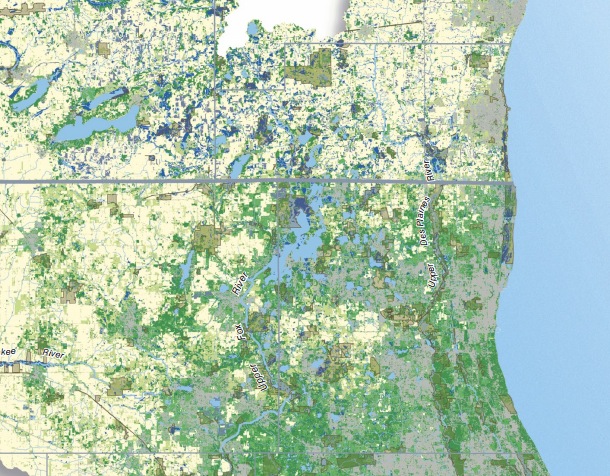
OPENLANDS PROJECT
CENTER FOR NEIGHBORHOOD TECHNOLOGY
Green infrastructure is the interconnected network of land and water that supports native species, maintains natural and ecological processes, sustains air and water resources, and contributes to the health and quality of life of people and communities…The need to protect the region’s green infrastructure is greater than ever. Rapid changes in land use, increases in non-native species, and other threats imperil the region’s natural heritage. Green infrastructure should serve as the strategic framework for conservation and development so that linkages and key natural areas can be preserved before development occurs.
View this complete post...
Tags: Center for Neighborhood Technology, CNT, IL, Illinois, IN, Indiana, Openlands Project, WI, Wisconsin
Posted in
Environment, Green, Infra Views, Inland Waterways, Local, Public Parks & Recreation, Sustainability
Comments Off on Natural Connections: Green Infrastructure in Wisconsin, Illinois and Indiana
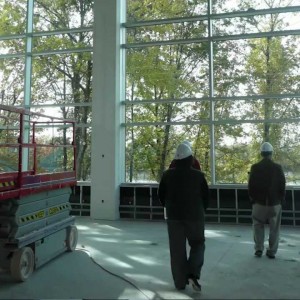












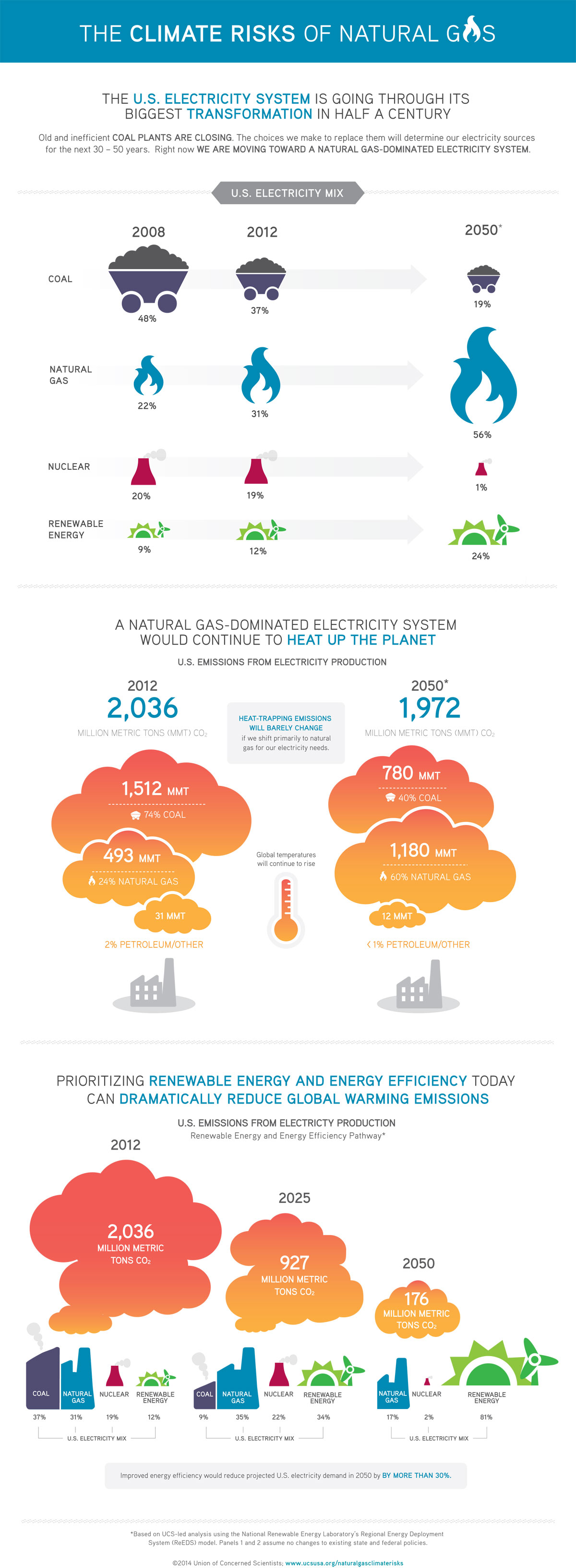
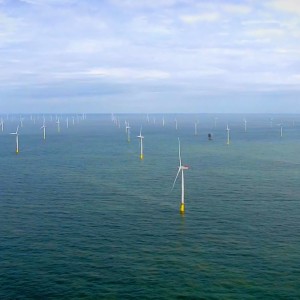
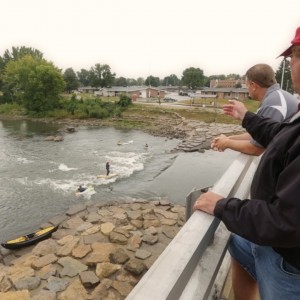

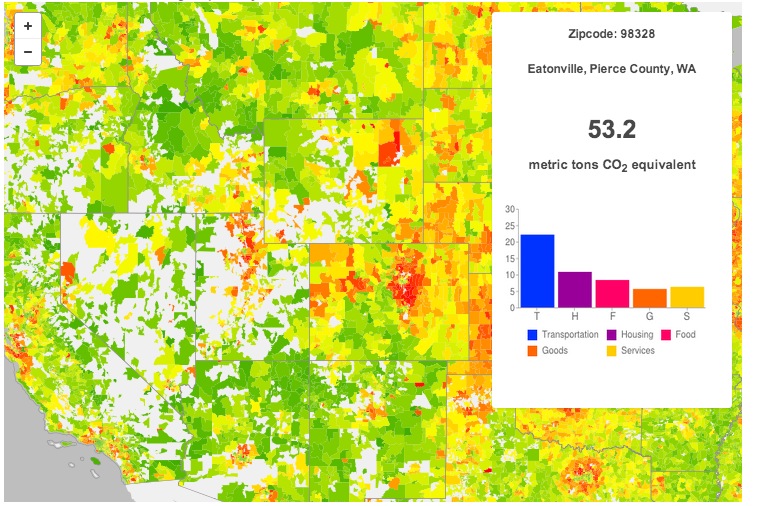
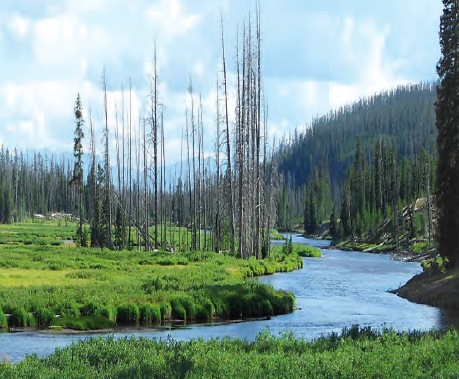
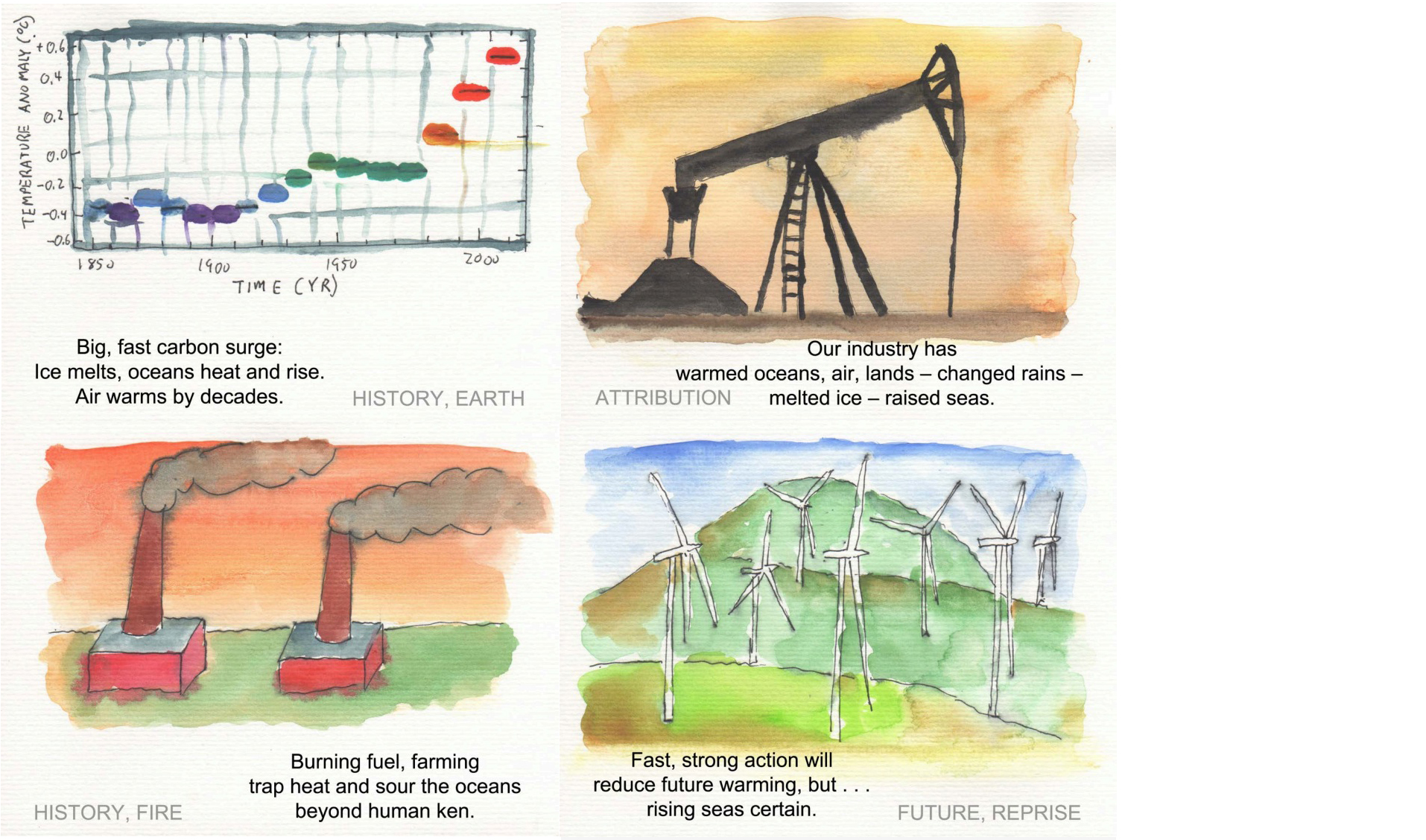
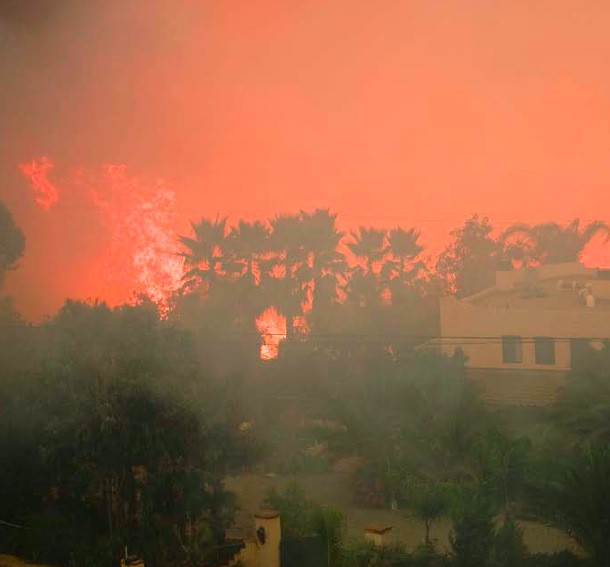
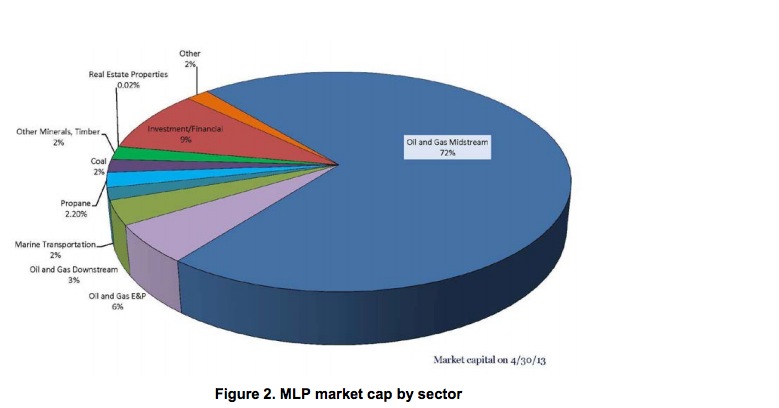

 RSS Feed
RSS Feed